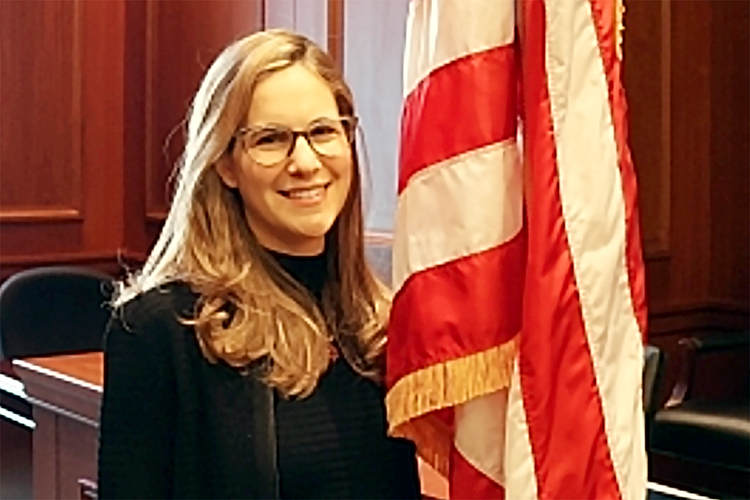Embracing nontraditional ways to bill and budget can be profitable

Image from Shutterstock.
The legal industry has never been more competitive. Forward-thinking lawyers and firms, however, can get ahead financially by embracing nontraditional ways of billing, budgeting and collecting.
That was the central takeaway from a Thursday afternoon session at ABA Techshow entitled: “2016 Law Firm Economics: New Ways to Bill, Account and Survive in the Current Economy.” The panel, which consisted of Nicole Auerbach, a founding partner of Valorem Law in Chicago; Kenneth Grady, Lean Law evangelist at Seyfarth Shaw; and Kate Jasaitis, a technology consultant at Solfecta Partners, guided attendees through introductory concepts relating to law firm economics, including alternative fee arrangements, Lean Law, budgeting, collecting and accounting.
Process is the starting point for any law practice that wishes to become more efficient and reliant on technology. Grady, who returned to Seyfarth Shaw after serving as CEO of subsidiary SeyfarthLean Consulting, emphasized that being efficient was not just about gaining experience in order to work more quickly.
“When we Lean lawyers talk about efficiency, we’re talking about a systematic program,” Grady said. “There’s a very specific way to strip waste out of all of our processes.” Grady noted that Lean lawyers map out every step of the process of a lawsuit or a deal from start to finish in order to figure out how to improve it. “What we would discover is that lawyers often spend an awful lot of time doing things that don’t add value to the end result, but you will still bill a client for.”
Process is also important for figuring out what kind of technological tools to rely on. Jasaitis pointed out that processing is always the first thing she asks lawyers about when talking to them about what kind of software or tool to purchase
“If you don’t know your process, then how can you figure out what kind of technology you need?” she asked. She pointed out that software is very helpful at supplementing an existing process, but not so much at creating a new one.
Having a process in place can result in greater efficiency and savings. This can be important, especially since lawyers can’t rely on running up or raising their hourly rates to pay for everything. Auerbach noted that, while alternative fee arrangements have been around for years, many of them are not really “alternative” because they’re simply discounts on traditional hourly rates. She also noted that 13 percent of corporate law departments have never used an alternative fee arrangement.
“Clients are demanding AFAs,” Auerbach said. “The idea that you can simply raise your rates and generate more revenue year after year is simply not happening anymore.”
Process also leads to predictability, which clients and customers are also demanding. Auerbach noted that predictability was good for lawyers, too, because it could guide their hiring decisions.
“The more efficient you are, the more profitable you are,” Auerbach said. “Otherwise, if you’re on the billable hour model, then you have to bring in more work.”
Write a letter to the editor, share a story tip or update, or report an error.


